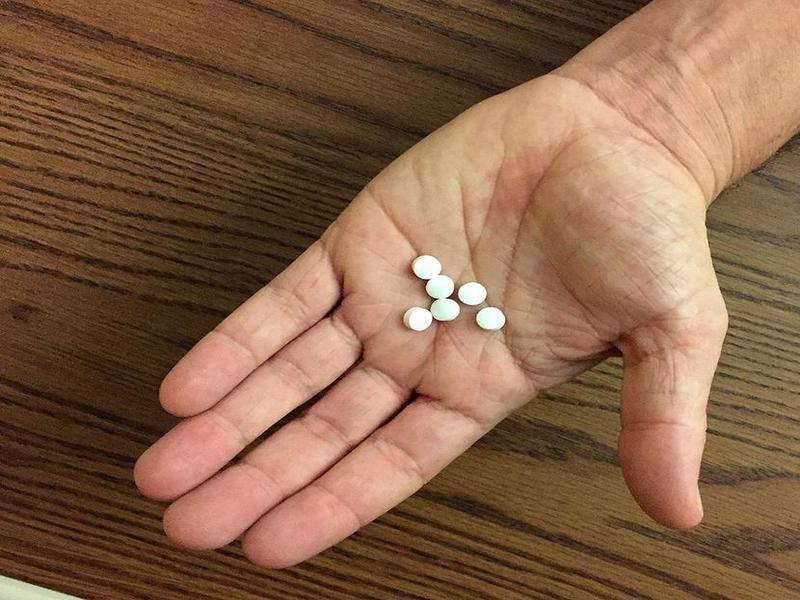
The US National Institutes of Health (NIH) has initiated a Phase I clinical trial at its Clinical Center to assess a new drug candidate, ANS-6637, for treating cravings associated with opioid use disorder (OUD).
The trial is being conducted in alliance with NIH National Institute of Allergy and Infectious Diseases (NIAID) and funded through the agency’s Helping to End Addiction Long-Term (HEAL) initiative.

Discover B2B Marketing That Performs
Combine business intelligence and editorial excellence to reach engaged professionals across 36 leading media platforms.
Opioid use is linked to potential irresistible cravings for opioids, as well as related cues such as injecting equipment or drug use partners.
Being developed by Amygdala Neurosciences, ANS-6637 is intended to mitigate these types of cravings.
Pre-clinical testing indicated that the compound works by inhibiting the dopamine surge that occurs after opioid use in OUD patients. Furthermore, these animal studies suggested the drug candidate does not affect the dopamine levels necessary for normal brain functions.
During the new Phase I trial, ANS-6637 will be evaluated in healthy adults for its safety and processing in the body when given in combination with another drug processed by the same liver enzyme pathway.

US Tariffs are shifting - will you react or anticipate?
Don’t let policy changes catch you off guard. Stay proactive with real-time data and expert analysis.
By GlobalDataTrial principal investigator Henry Masur said: “At this time, there are few pharmacological interventions that specifically target the cravings felt by some patients who have physical dependence or opioid use disorder.
“This trial will lay the groundwork for future studies, together these may lead to effective treatments for the drug cravings that impede the pursuit of sobriety.”
The trial will involve up to 50 subjects aged 18-65 years. On the first day, participants will receive a single dose of midazolam, followed by 600mg of ANS-6637 from days three to seven.
On the eighth day, volunteers will be administered with midazolam and ANS-6637 combination to investigate the effect of the drug candidate on midazolam levels.
If proven effective, ANS-6637 is expected to be used as part of a comprehensive package of services, including opioid agonist therapy and behavioural interventions.





